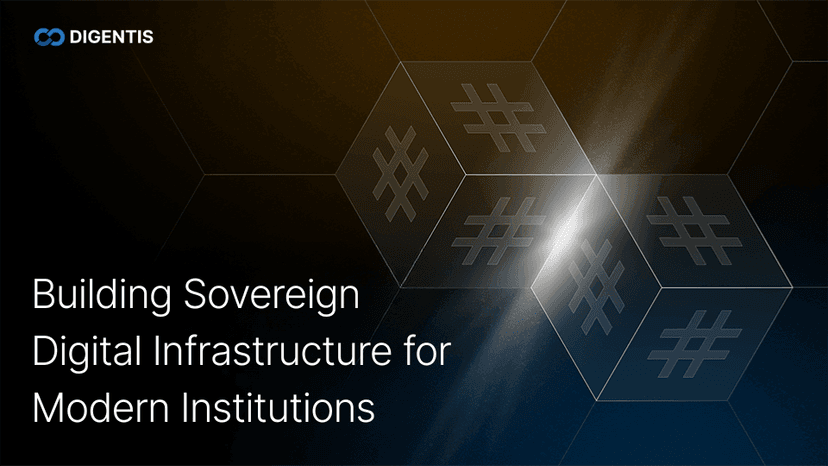
Modernizing Institutional Technology in Developing Countries: A Path to Sovereignty and Stability
For many governments and public institutions in developing countries, the promise of digital transformation remains real, but elusive. Budget limitations, legacy infrastructure, and institutional fragmentation often slow down or distort modernization efforts.

For many governments and public institutions in developing countries, the promise of digital transformation remains real, but elusive. Budget limitations, legacy infrastructure, and institutional fragmentation often slow down or distort modernization efforts. At the same time, there is a growing recognition that without a coherent digital foundation, it becomes increasingly difficult to deliver reliable services, coordinate across agencies, or build lasting trust with citizens.
Digentis works at the intersection of strategy and engineering to help institutions in emerging economies design and deploy systems that are both ambitious and grounded in local realities. We believe that modernization cannot be imposed from the outside, nor can it follow a template designed for different contexts. Instead, it must be rooted in institutional goals, aligned with legal and operational frameworks, and supported by infrastructure that is sustainable over time.
Too often, public institutions are offered turnkey platforms that appear attractive in the short term but create long-term dependence, technical opacity, or financial vulnerability. We help organizations move in the opposite direction: toward digital sovereignty, resilience, and modular growth.
That starts by mapping the current landscape. Many institutions operate on a mix of paper-based workflows, standalone Excel files, and aging systems with no central coordination. Modernization in this context does not mean deploying expensive ERP systems. It means building lightweight, interoperable platforms that reflect how institutions actually work, and how they want to evolve.
We support this transition by deploying open-source tools where appropriate, integrating legacy data into unified platforms, and building APIs that allow gradual collaboration across departments. Our focus is on systems that are maintainable by local teams, scalable based on national strategy, and auditable at every stage. Whether it's a public registry, a procurement platform, or a dashboard for internal reporting, the goal is to give institutions visibility, structure, and control.
Perhaps most importantly, we view technology as a vector for institutional learning. Every deployment is an opportunity to improve processes, train staff, and reinforce internal leadership over systems. In contexts where talent retention and change management are constant challenges, it is essential that digital tools do not outpace the people expected to use them.
Modernization must be inclusive, iterative, and designed for sovereignty. Institutions in developing countries do not need hand-me-down systems, they need technology that reflects their priorities, constraints, and ambitions. At Digentis, we work alongside them to ensure that digital transformation becomes a lever for autonomy, transparency, and public value, not just a buzzword.
Ready to modernize your institution's technology?
Let's discuss how we can help you build sovereign, scalable digital infrastructure.
Get in touch